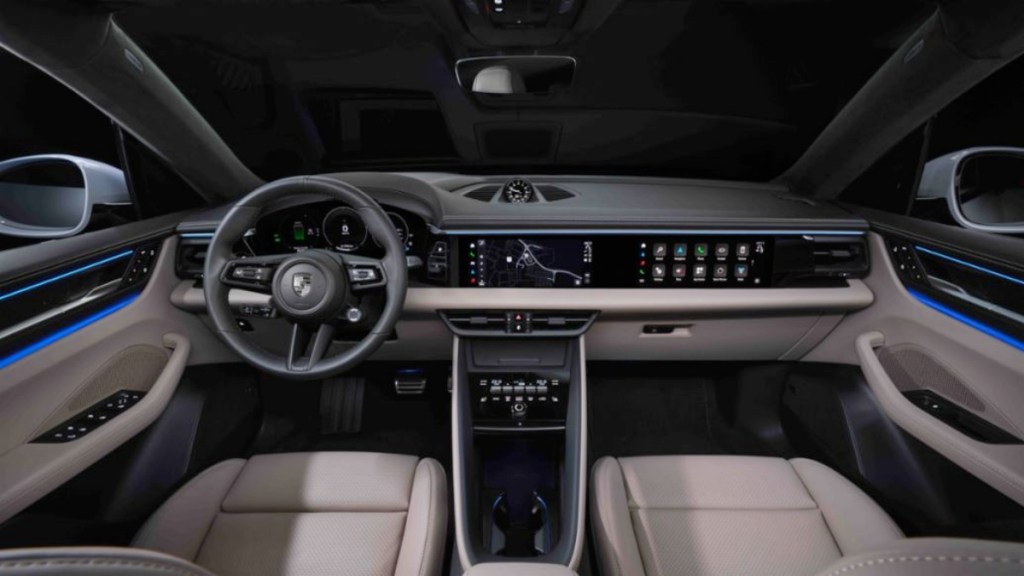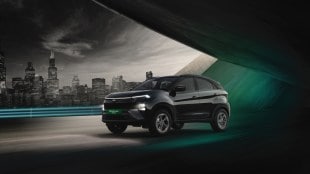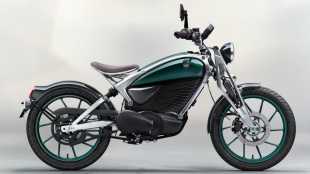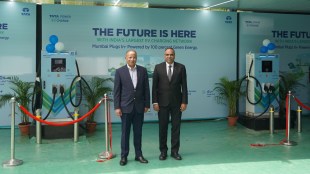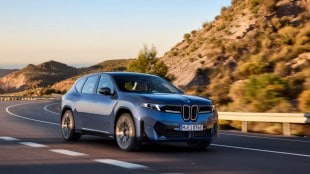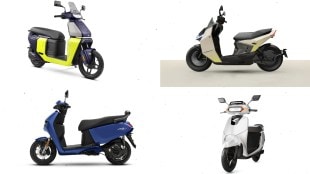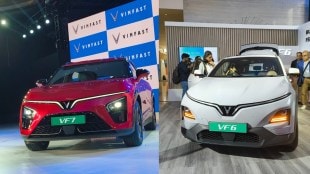With the advancements in the automotive industry, carmakers are offering larger touchscreen infotainment systems, digital cockpits, a host of touch controls, and a lot of vehicle operations crammed into the infotainment system, eliminating physical buttons and making the dash look neat. However, Euro NCAP has asked carmakers to stop this.
Euro NCAP – Safety reasons
Citing safety concerns, as such systems take the driver’s eyes away from the road, Euro NCAP is working on a new set of rules that will be implemented in 2026, reports the Times. Having physical buttons to operate turn signals, wipers, and other important functions will become mandatory for cars to secure a full five-star rating.
Speaking to the Times, Matthew Avery, director of strategic development at Euro NCAP said, “The overuse of touchscreens is an industry-wide problem, with almost every vehicle-maker moving key controls onto central touchscreens, obliging drivers to take their eyes off the road and raising the risk of distraction crashes.”
The new rule proposes that carmakers have physical stalks, buttons, and dials, for crucial operations such as turn signals, horn wipers, hazard warning lights, SOS calls, and more. Manufacturers like Tesla and Volkswagen use touch controls for most of the basic functions and integrating them into the infotainment system is a cost-effective way compared to manufacturing physical controls.
Also, one more aspect to note is that Euro NCAP crash tests are purely voluntary, however, most carmakers globally use the safety rating provided by Euro NCAP to promote sales of their cars, a situation seen in India also until the Bharat NCAP tests commenced. These tests are also voluntary and use similar guidelines to that of Euro NCAP.
